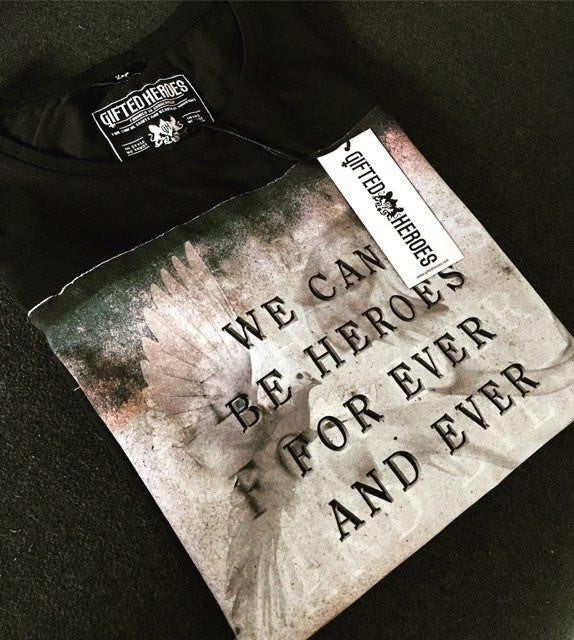There is an old saying about how our clothing makes us who we are. “The clothes make the man.”, we are told by our parents in our youth, but what does it really mean? Does what we wear affect how we perceive ourselves? Do the clothes really make the man or does man make the clothes?
When you are in the hospital, you respect those wearing scrubs and white lab coats because you assume they are medical professionals who will help you if you are injured. These are the people you turn to when you are bleeding out from a car accident, or when you slip and fall and have broken a bone. They will mend you back to health and send you on your way, right? Think about this, some of these medical professionals in their scrubs and lab coats are often students on their first day of med school, corporate executives visiting the hospital or the sanitation staff preparing to clean a dirty bathroom. Do you still think they are able to help you back to health or was it just their clothing that gave you that impression?
As with anything in life, we are taught that those who are dressed better than us, or more appropriately in a work environment, must be someone to look up to. But that isn’t always true as our example shows. That example also shows that the clothing really does make the man, or woman, as it may be, at least to some extent.
Embodied Cognition
This perceived impression we get from people based on their clothing was taught to us in our childhood as we learned what to wear to school, job interviews and parties. This idea is part of the concept of "embodied cognition"—the idea that we think with not only our brains, but with our physical experiences, including the clothes we wear.
We wear certain clothing because it is fashionable and we want to relate to those that we associate with. If a shirt or hat is cool, then we wear one to be cool. If we are at work, we wear more professional clothing than if we are hanging out with friends or on a date.
Wear What You Like and Be Who You Are
At Gifted Heroes, we feel that the clothing gives us an impression of the wearer, but it isn’t who he is. We believe that everyone is different and we all have our own unique personalities. What we wear is just and extension of who we are and it helps to portray our feelings, our attitude and our emotions without ever saying a word.





